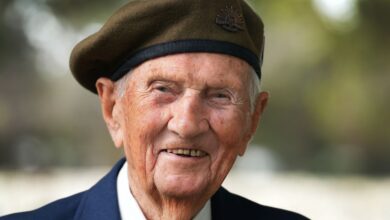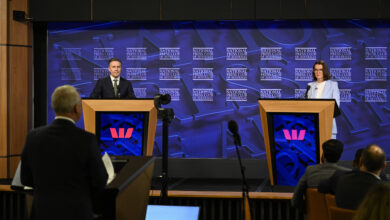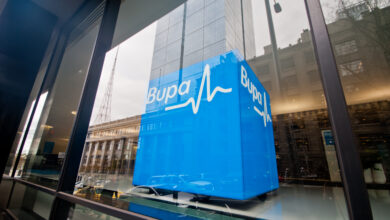Four-hour emergency rule linked to reduced mortality
Hospital deaths have declined in EDs where new targets have been introduced.
Hospitals that introduced the four-hour rule to reduce overcrowding in emergency departments have experienced a 13 per cent decline in overall mortality, new research has found.
The research published in the Medical Journal of Australia estimated that the four-hour target saved 80 lives - or one life every four to five days - in the three major Perth hospitals studied.
Overcrowding in EDs also fell from over 40 per cent to 10 per cent in the two years after the rule was implemented in WA in 2009.
The policy to be phased in over four years came into effect nationally on January 1 and states that emergency departments must admit or discharge 90 per cent of patients within four hours of their arrival.
"The introduction of the four-hour rule encouraged hospitals as a whole to share the responsibility for, and help solve the problem of, overcrowding in emergency departments,” said the researchers from the University of Western Australia.
“This whole-of-hospital approach appears to have led to better communication between the emergency departments and the wards, with an increased appreciation of each other's problems and challenges."
The research was the first study to examine the impact of the new national targets on survival rates .
Federal Health Minister Tanya Plibersek said the study’s results were promising.
"While further research will need to be undertaken to more fully assess clinical outcomes of the four-hour target, it is very encouraging that the experience of reducing waiting times in Perth hospitals has been so positive."
The Gillard Government will reward the states and territories with up to $200 million for achieving the four hour target, which was agreed to as part of the National Partnership Agreement on Improving Public Hospital Services last year.
The study was conducted by Professor Gary Geelhoed, director of the ED at the Princess Margaret Hospital for Children in Perth and Nicholas de Klerk, Head of Biostatistics and Bioinformatics at the Telethon Institute for Child Health Research.
Email: [email protected]




